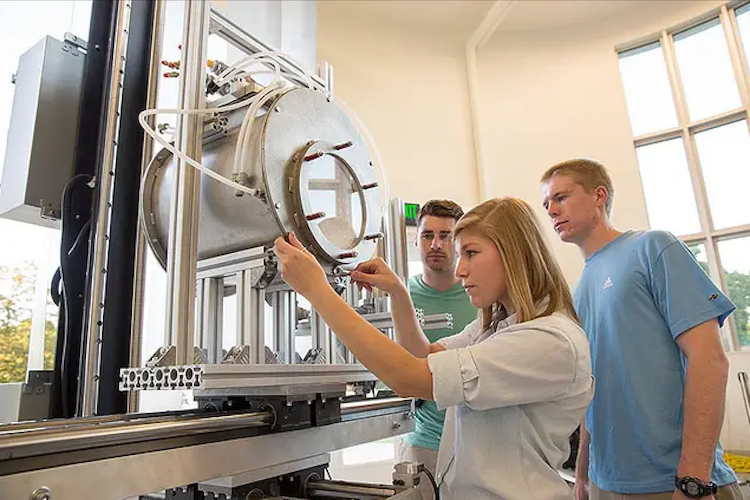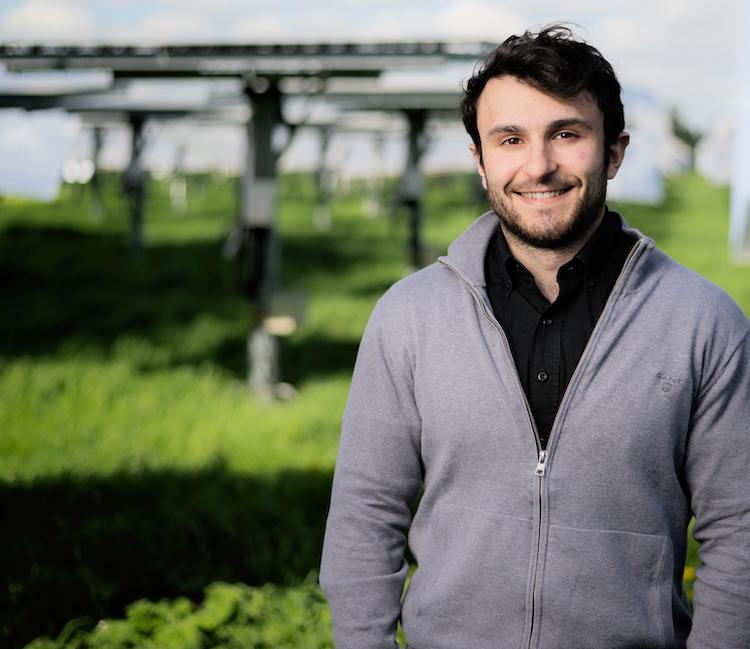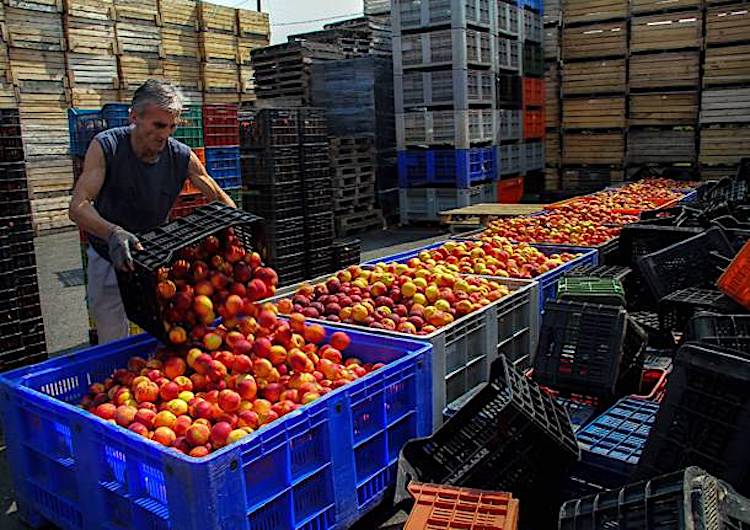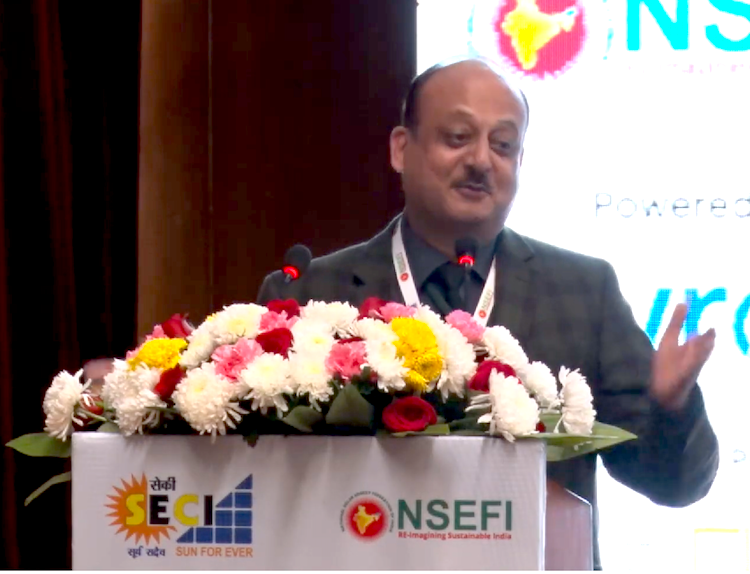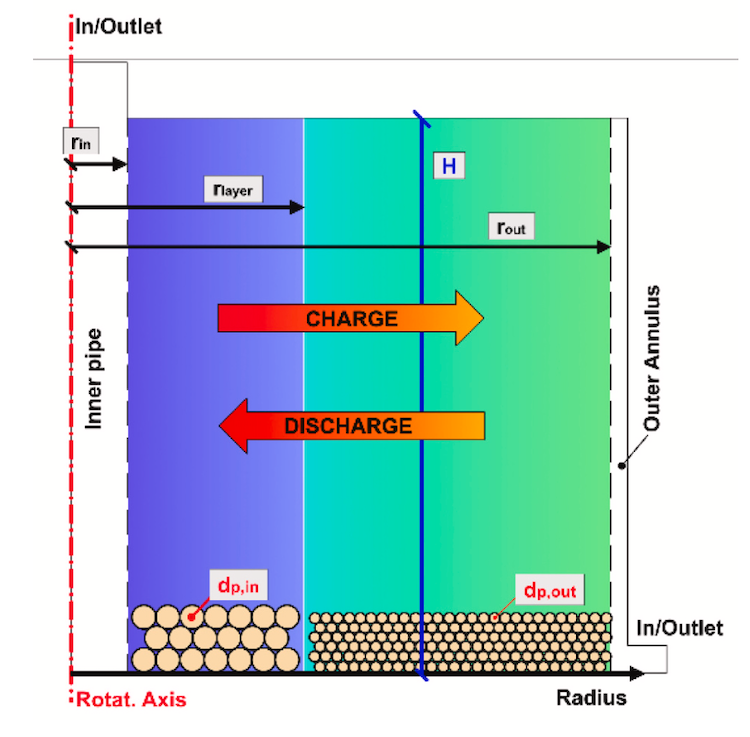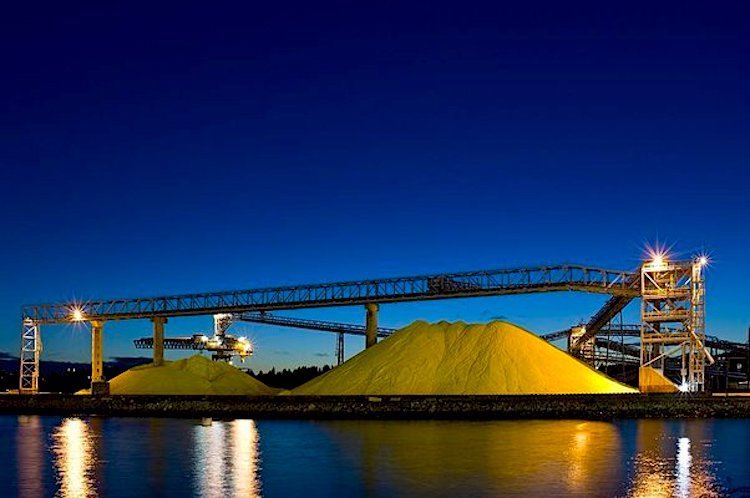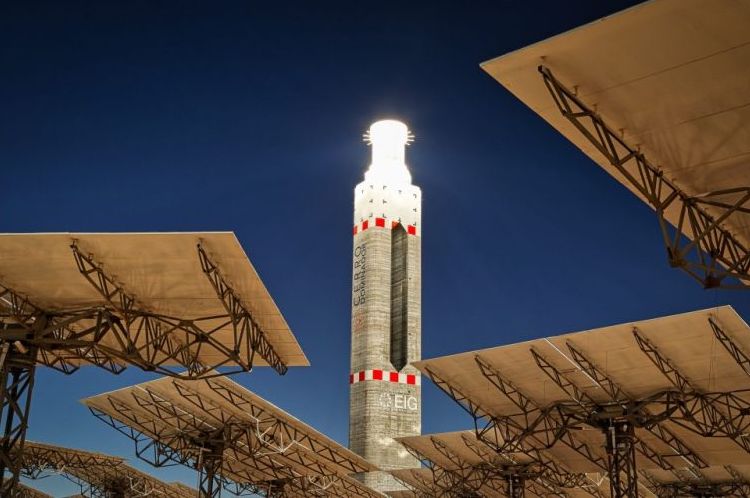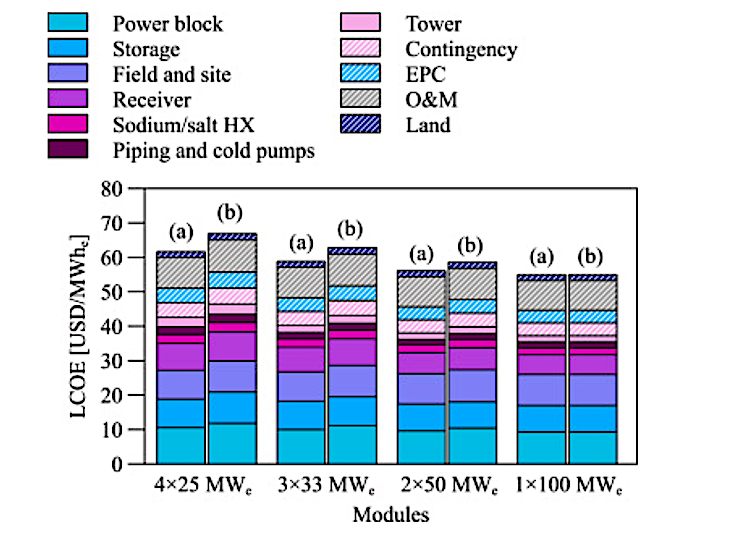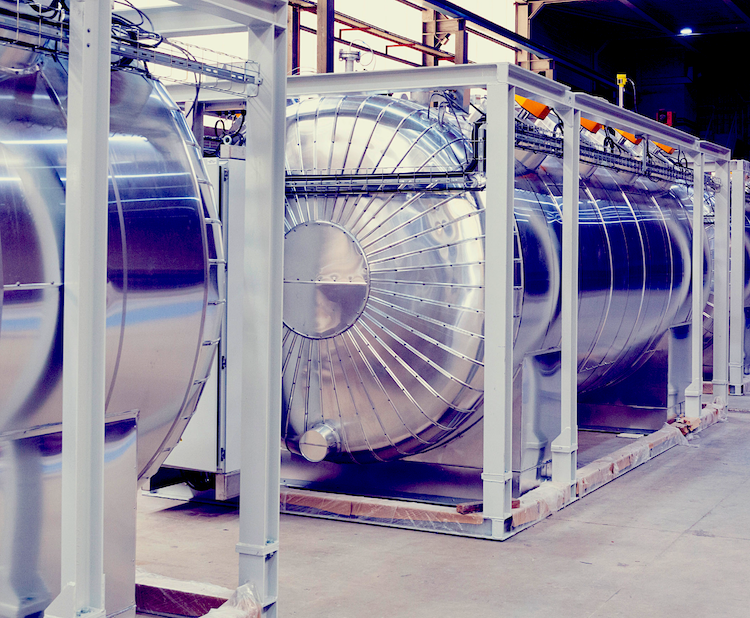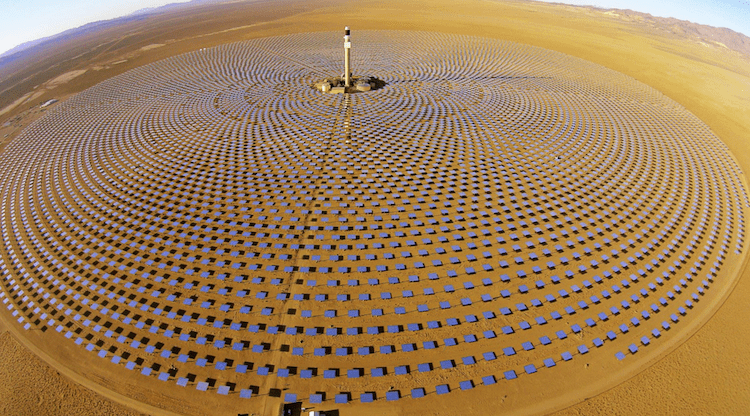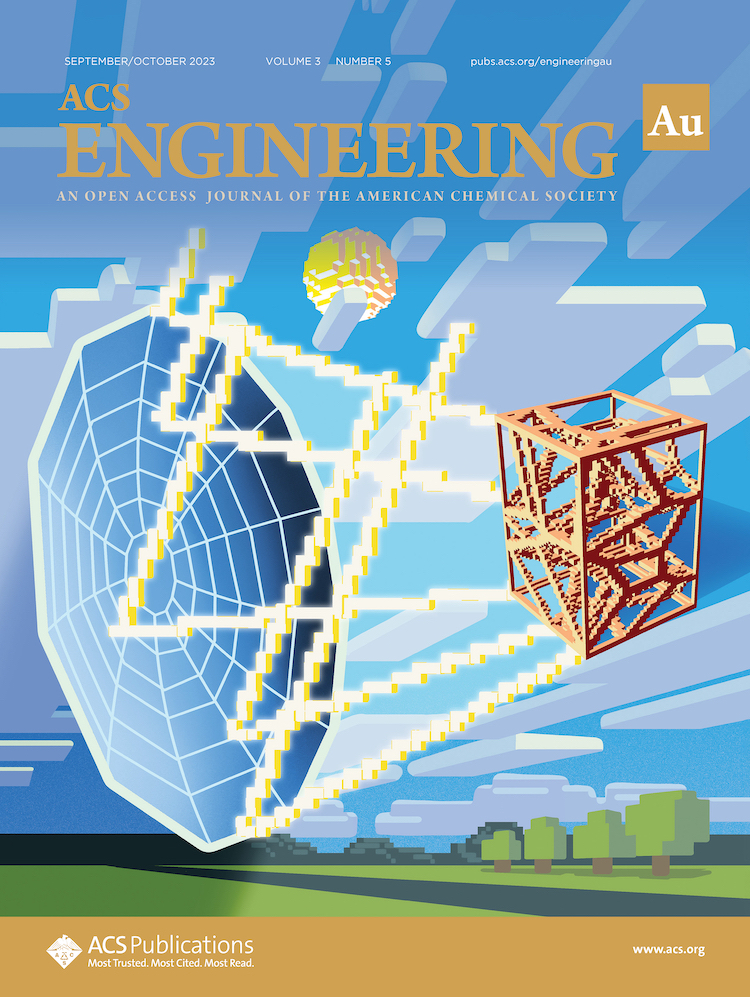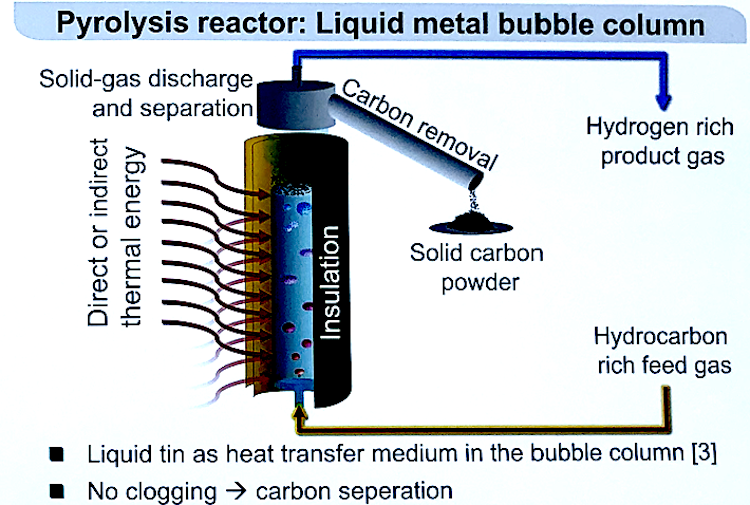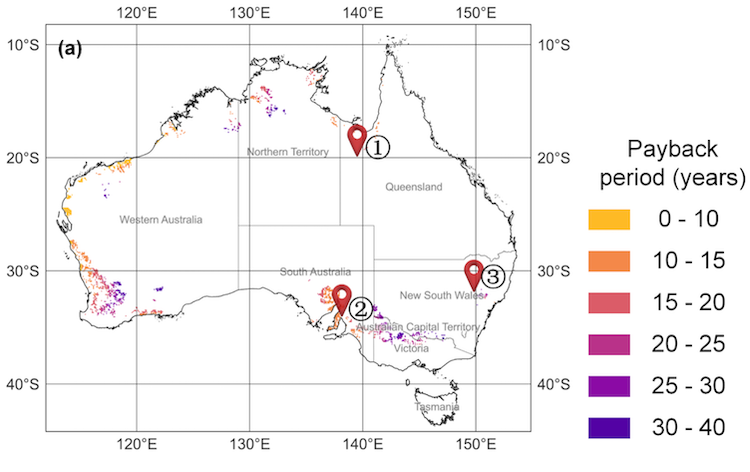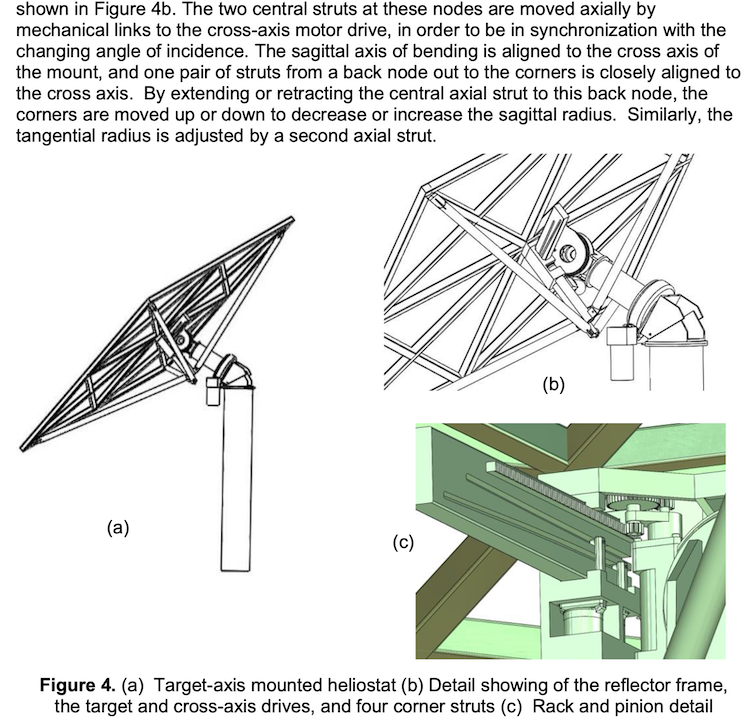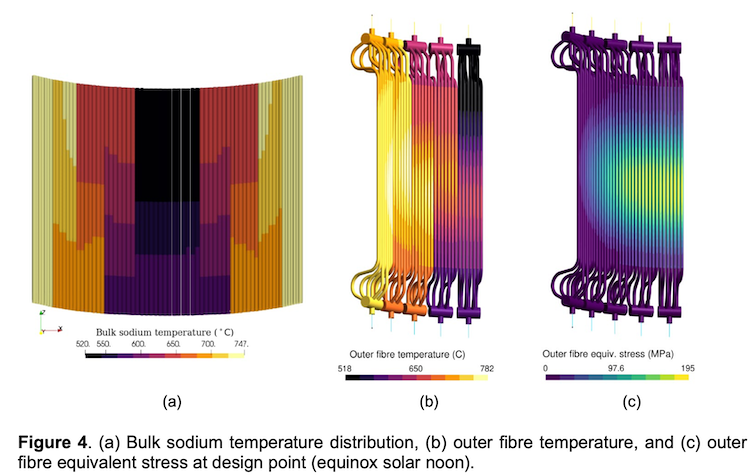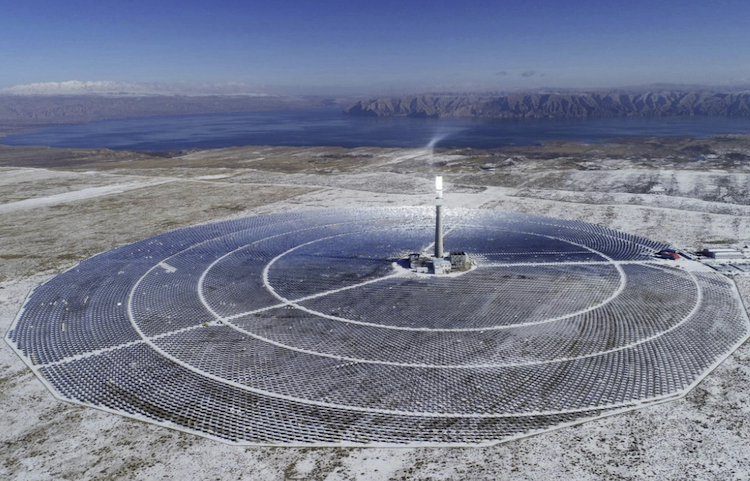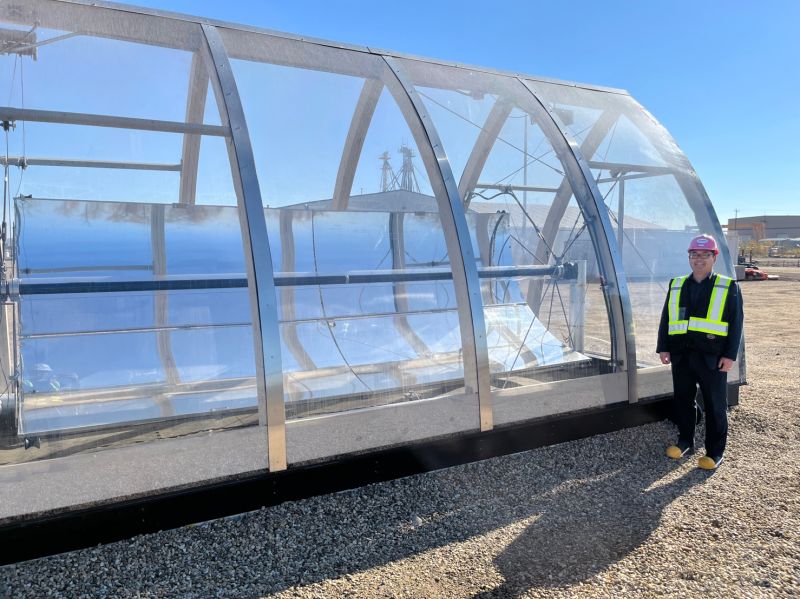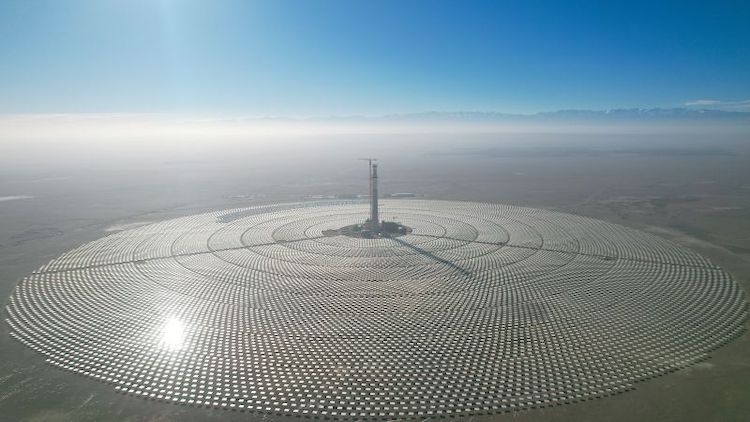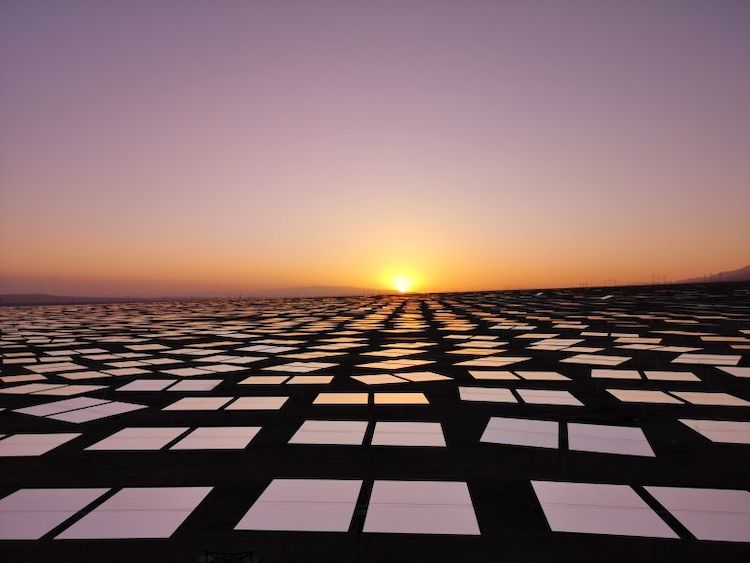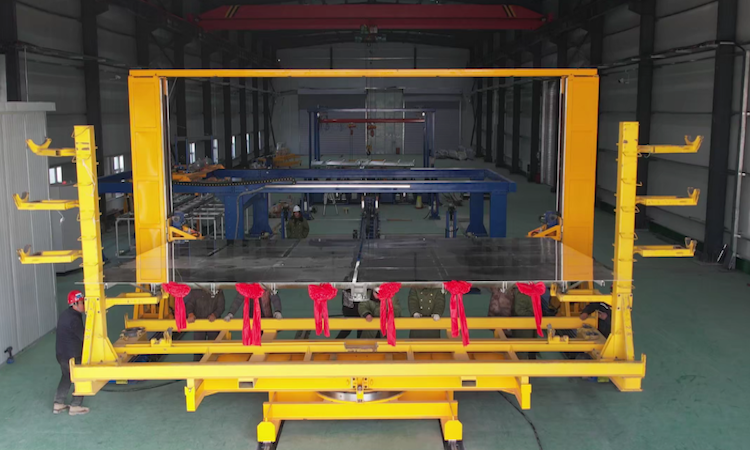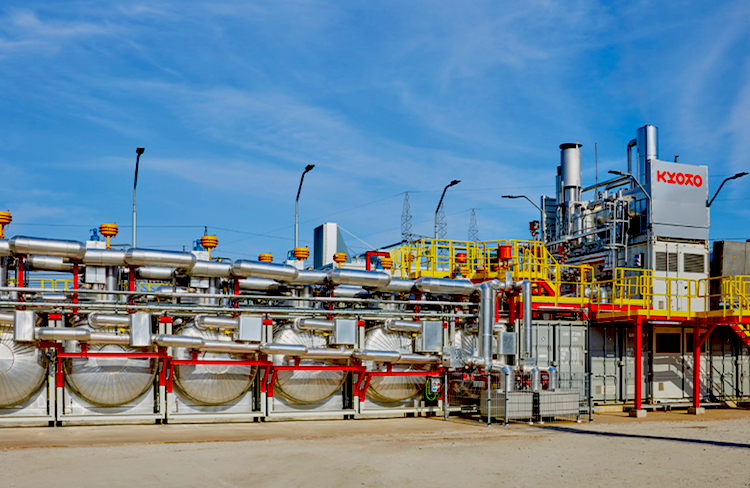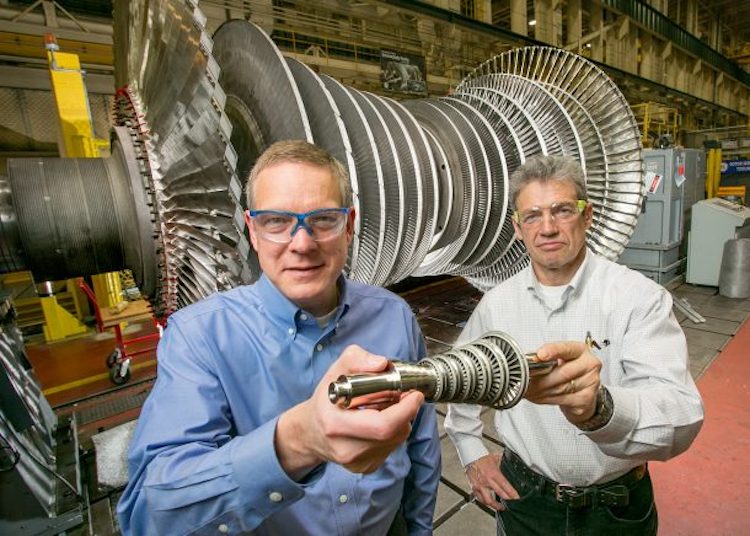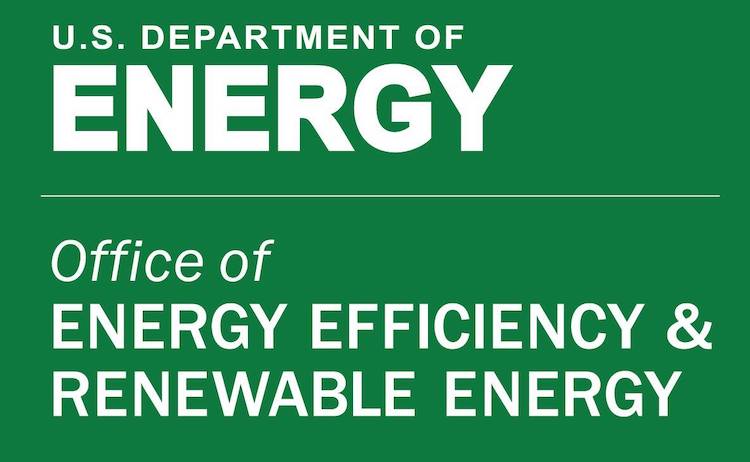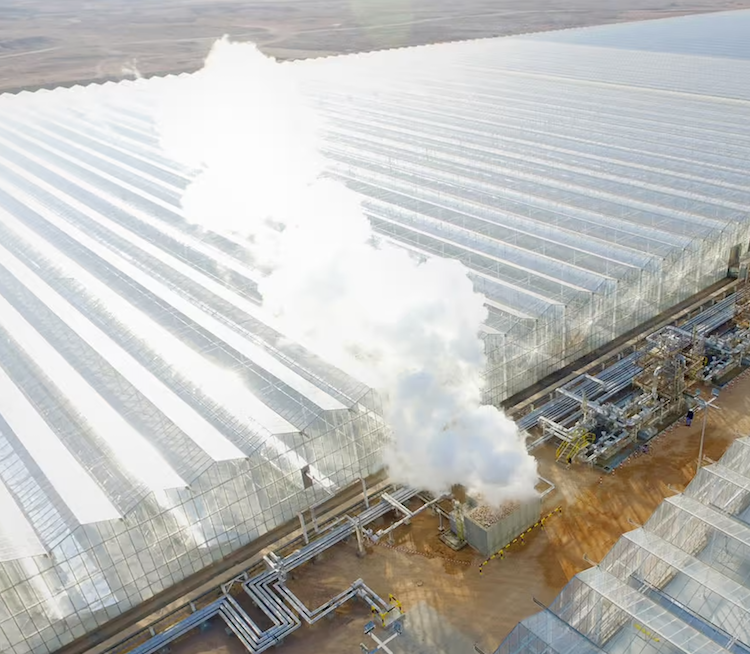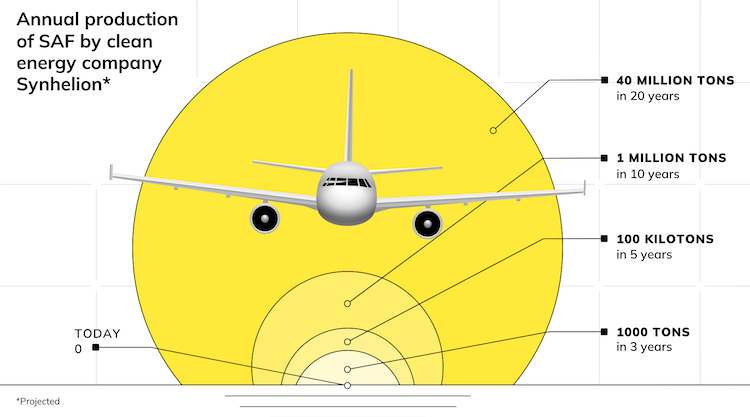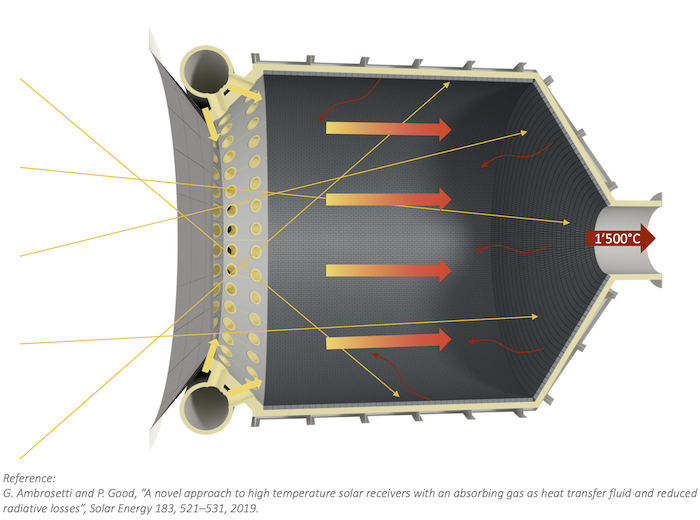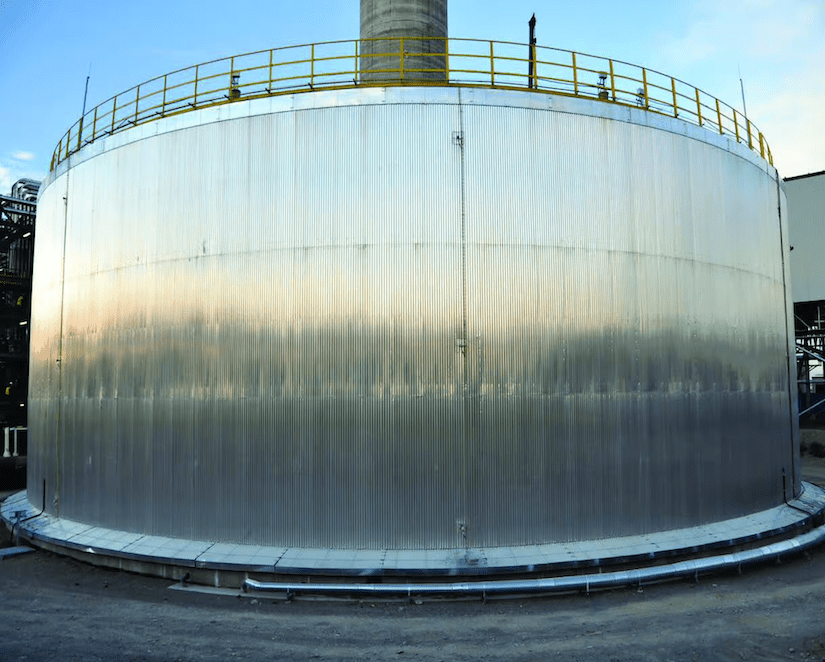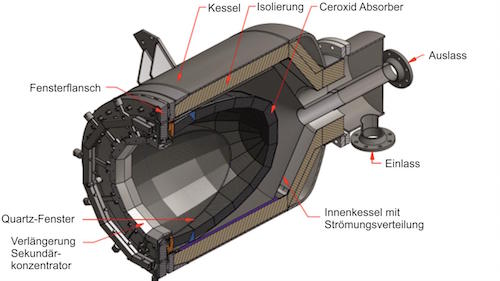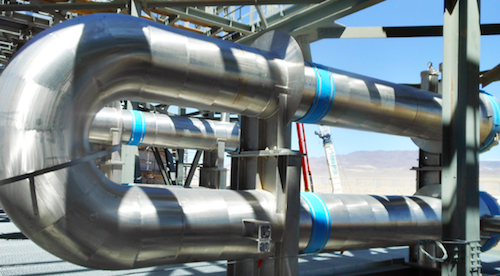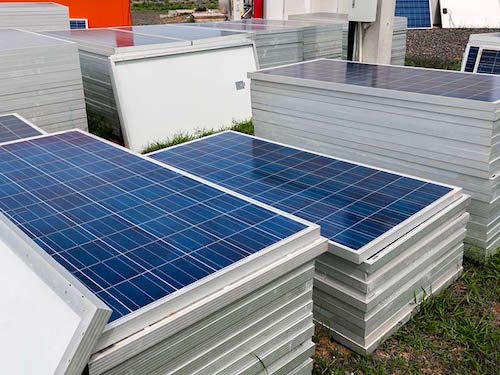
Sun-to-Liquid was a game-changing project that jumpstarted a new era in solar fuels. Now Sun-to-Liquid II is launched
Round II of Sun-to-Liquid is launched:
This initiative will demonstrate the scalability and high efficiency of producing sustainable synthetic fuel from CO2, water, and sunlight. Synhelion is one of the industry partners for the project, providing the expertise for scaling up the prototype, developing the thermal energy storage system, and performing the exploitation analysis.
The project
The SUN-to-LIQUID II project builds on the success of its predecessor, the Horizon 2020 SUN-to-LIQUID project, which demonstrated on-sun solar-thermochemical fuel production at a 50-kW scale . The Sun-to-Liquid process is a breakthrough method to produce renewable synthetic fuel from CO2, water, and sunlight. It comprises a set of versatile technologies, including a mirror field, solar receiver, thermochemical reactor, and thermal energy storage.
The SUN-to-LIQUID II project aims to use the power of the sun to convert CO2 and water into syngas, without the input of biogenic carbon. Improved reactor material and minimized heat loss will enhance the energy efficiency of the process.
The partnership
The SUN-to-LIQUID II consortium consists of six partners: ETH Zürich, German Aerospace Center (DLR), Fundacion IMDEA Energía, Bauhaus Luftfahrt e.V., HyGear BV, and Synhelion SA. This collaboration between research institutes and industry aims to bridge the gap between research and industrial applications in high-temperature sunlight-driven chemistry.
Synhelion’s role
As an industry leader in high-temperature solar chemistry, Synhelion holds exclusive licenses to commercialize the Sun-to-Liquid process. Within the SUN-to-LIQUID II project, Synhelion and its partners develop the highly innovative technology where concentrated solar radiation drives a two-step redox process to convert CO2 and water into syngas. This process has the potential to produce renewable synthetic fuels at highest efficiency without the input of biogenic carbon.
Currently, Synhelion is building DAWN, the world’s first industrial-scale solar fuel plant, in Jülich, Germany. DAWN combines proprietary concentrated solar technology with industrial reforming technology to convert biogenic methane, CO2, and water into syngas, which is then turned into jet fuel, diesel, and gasoline. This solar reforming process combines established with innovative technology, allowing for a faster market entry of carbon-neutral solar fuels. Building on the results of the SUN-to-LIQUID II project, Synhelion’s future plants will be able to produce solar fuels directly from CO2 and water.
Source: Synhelion
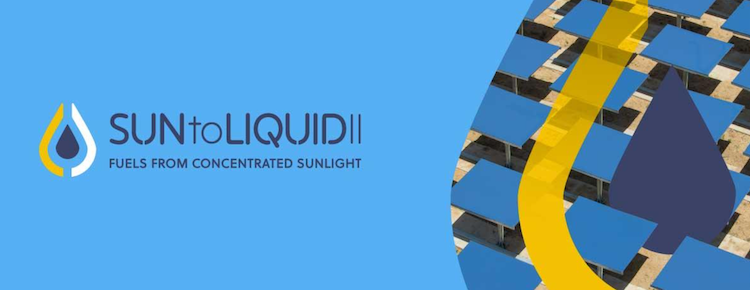
Sun-to-Liquid II launches
Press Release
Co-funded by the EU and Switzerland, the European research project SUN-to-LIQUID II was launched on 1 November 2023. Leading partner institutions from academia and industry will demonstrate scalability and high efficiency in the production of sustainable hydrocarbon fuel from water, CO2 and concentrated sunlight via high-temperature chemical conversion.
What is SUN-to-LIQUID II about
The European Commission (EC) aims to eliminate net greenhouse gas (GHG) emissions on the path to climate neutrality by mid-century. The transportation sector will play an important role in the transition to a society living on 100% renewable energy. Two key challenges towards achieving this target relate to
(i) an increased feedstock basis for renewable fuel production and
(ii) the long-term development of sustainable fuel technologies for aviation. While electrification, and likely also hydrogen, will play a major role in the decarbonization of transportation, there will still be a continued need for energy-dense liquid hydrocarbon fuels, especially for aviation and shipping. First-generation biofuels cannot meet the required volumes, due to availability and sustainability constraints.
Hence, scalable technologies will be required to meet the longer-term fuel demand. Solar radiation is the most scalable form of renewable energy. SUN-to-LIQUID II will develop a set of versatile technologies for solar fuel production from water and CO2, such as:
• an improved high-flux solar concentration system for applications using high temperature process heat;
• efficient “solar-thermochemical” fuel production, i.e. a sunlight-driven high temperature chemical conversion process, using novel 3D-printed materials in the solar reactor for the reduction-oxidation processes;
• heat exchange and recovery concepts to further improve the efficiency of high temperature conversion processes.
The ultimate output will be a step-change technology advancement and a roadmap for a robust and sustainable conversion pathway to produce high-quality renewable liquid fuel from the inexhaustible potential of solar energy.






